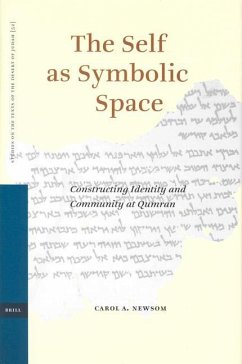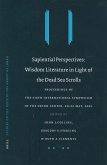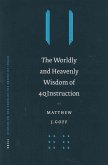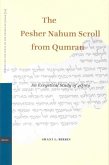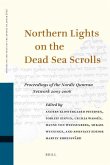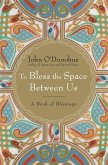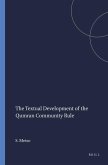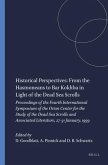This volume investigates critical practices by which the Qumran community constituted itself as a sectarian society. Key to the formation of the community was the reconstruction of the identity of individual members. In this way the "self" became an important symbolic space for the development of the ideology of the sect. Persons who came to experience themselves in light of the narratives and symbolic structures embedded in the community practices would have developed the dispositions of affinity and estrangement necessary for the constitution of a sectarian society. Drawing on various theories of discourse and practice in rhetoric, philosophy, and anthropology, the book examines the construction of the self in two central documents: the Serek ha-Yahad and the Hodayot.
Hinweis: Dieser Artikel kann nur an eine deutsche Lieferadresse ausgeliefert werden.
Hinweis: Dieser Artikel kann nur an eine deutsche Lieferadresse ausgeliefert werden.

